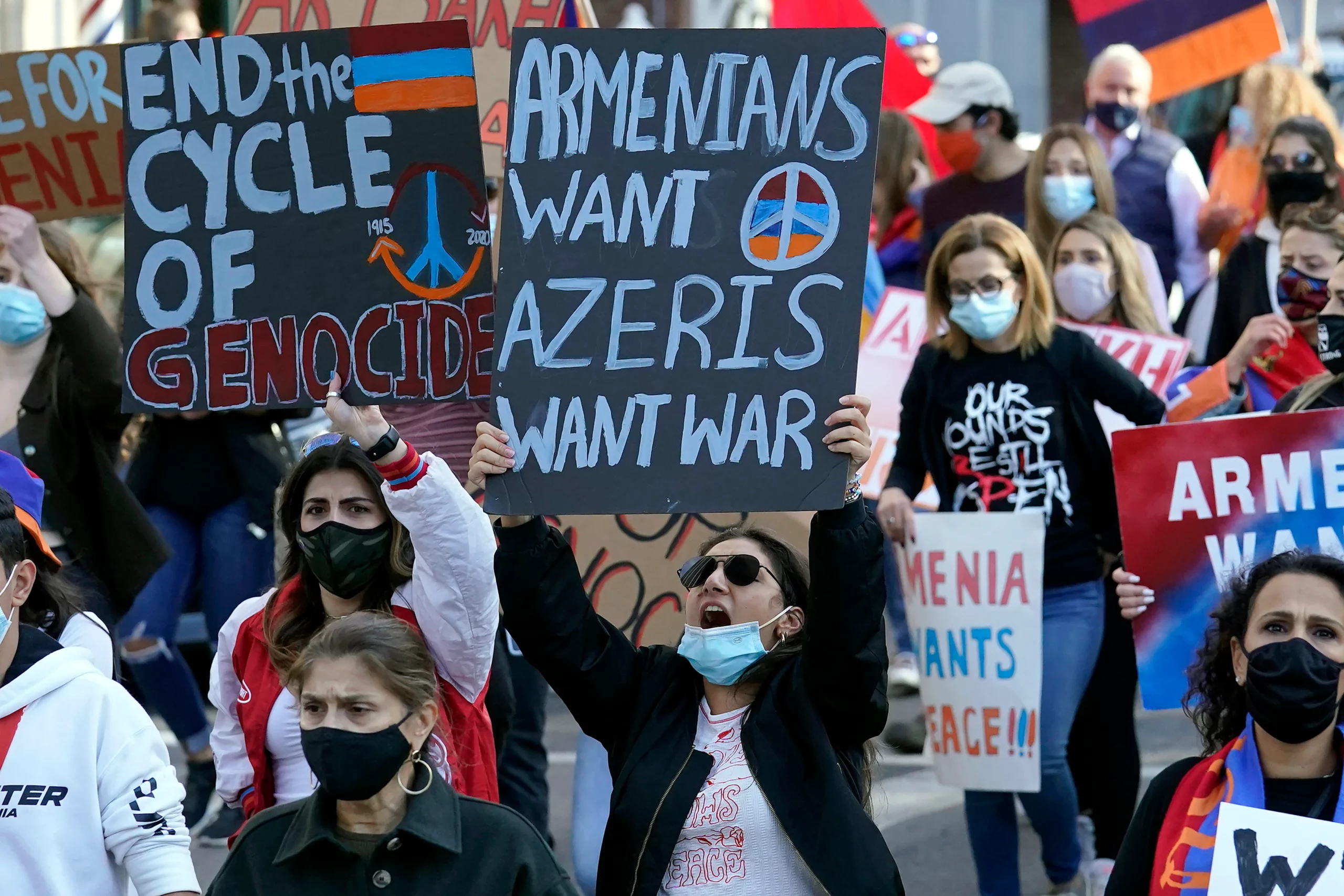The UN Refugee Agency (UNHCR) is readying for a possible full-scale exit of Armenians from Nagorno-Karabakh.
The Armenian government has already confirmed 88,780 people have left.
Kavita Belani, the UNHCR rep in Armenia, said they’re set to handle more than 120,000 refugees, although the exact number is uncertain.
The UN has started crafting long-term plans to assist Armenia in settling these refugees. So far, Armenia has registered about 63,000 of them.
Kavita praised the Armenian government for efficiently handling the influx, especially in border towns like Goris.

Many refugees arrive exhausted after an unusually long journey.
Hicham Diab, of the International Federation of Red Cross, reported that some children faint upon arrival.
Belani noted the refugees face hardships beyond the journey, including a nine-month blockade by Azerbaijan.
A lot of displaced people are anxious about their future. According to Belani, local schools are struggling to accommodate the new arrivals.
The International Committee of the Red Cross has also been active, treating 130 individuals recently.
Additionally, they’ve dealt with 200 deceased individuals, from both the conflict and a fuel depot explosion.
Background Exodus from Nagorno-Karabakh
The situation in Nagorno-Karabakh has a complex history. For years, this area has been a point of conflict between Armenia and Azerbaijan.
Despite a ceasefire in the 1990s, tension never fully dissipated.
This recent exodus marks a severe escalation and puts enormous pressure on humanitarian organizations and Armenia.
While the UN and other bodies offer aid, the long-term outlook remains uncertain. Due to the influx, Armenia will face infrastructure, healthcare, and education challenges.
The global community watches closely, as this crisis may influence geopolitics in the Caucasus region.
The need for a lasting solution is more pressing than ever, for both displaced individuals and for regional stability.

